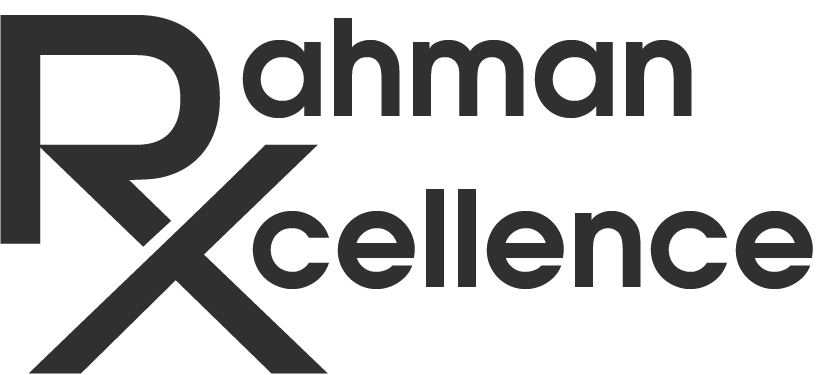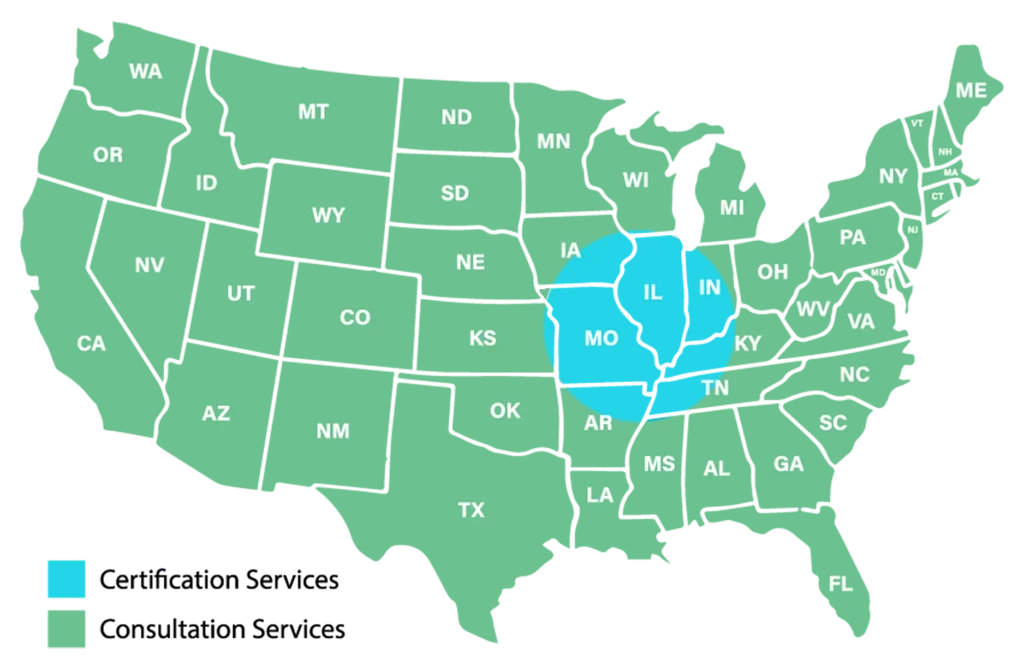Cleanroom Certification
Routine cleanroom testing and certification should be scheduled routinely to maintain optimal performance. The primary goal of certification is to not only meet regulatory guidelines but also to track your facility’s efficiency and detect any potential issues early on. This proactive approach helps address minor concerns before they escalate into contamination risks that could disrupt productivity. Rahman Xcellence will assess your current contamination control measures, create improved protocols to meet certification standards, educate staff, and ensure your operations run smoothly without unexpected problems.
Call today to learn more about how Rahman Xcellence can help you maintain compliance in your cleanroom setting.
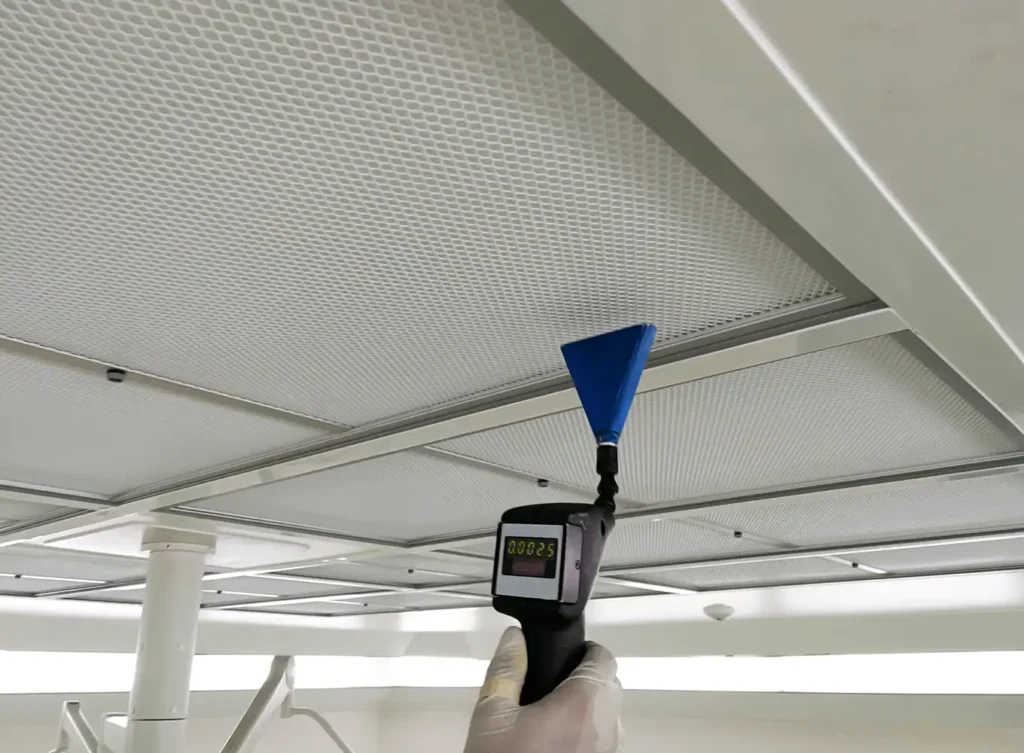
Certification of pharmacy cleanrooms (e.g. HEPA filter integrity testing, particle counting, airflow testing, room segregation testing, airflow visualization studies) according to the requirements in current versions of:
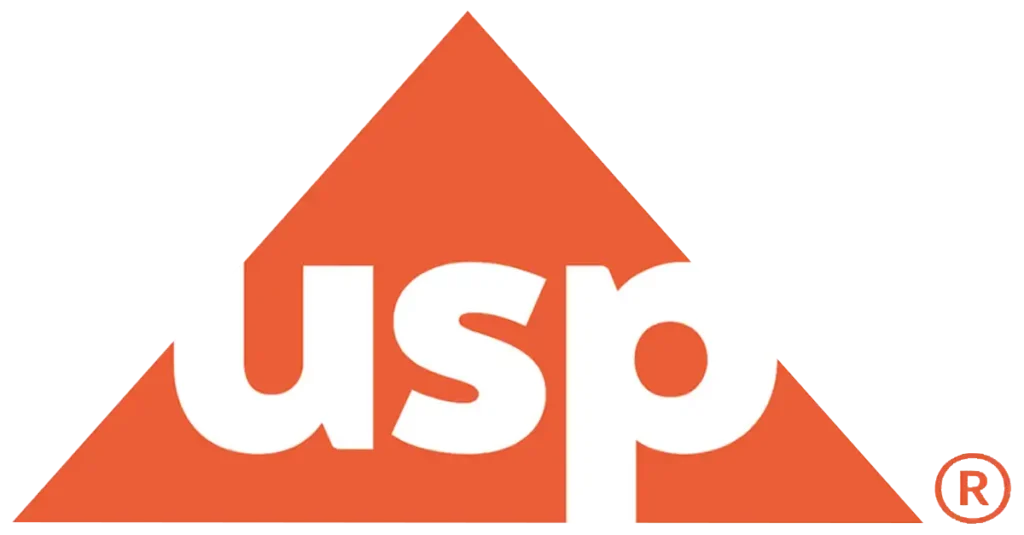
United States Pharmacopeia (US)
USP <797>, USP <800>, USP <825>

(CETA) Application Guides
e.g. CAG-002 and CAG-003
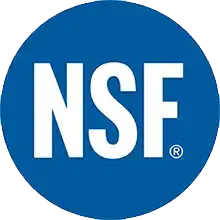

National Sanitation Foundation International (NSF) / American National Standards Institute (ANSI) Standard 49
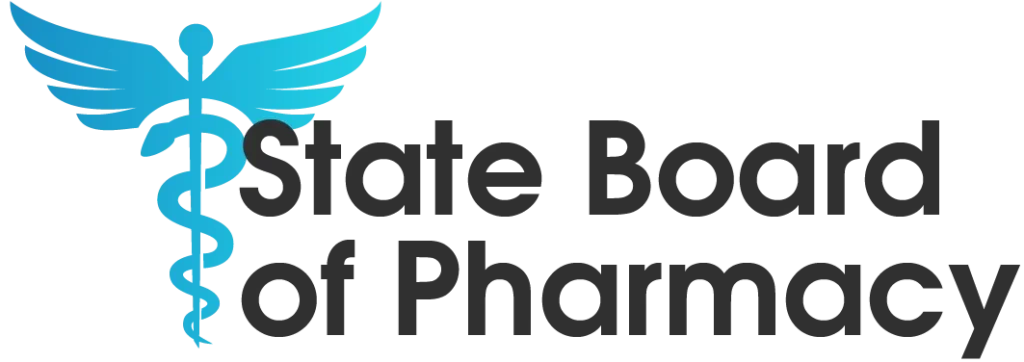
State Board of Pharmacy Rules
Certification Services
Rahman Xcellence cleanroom certification services include:
- Particle counts in ISO classified areas
- Airflow testing in primary & secondary engineering controls
- Differential pressure monitoring
- HEPA filter leak testing
- Airflow visualization studies
- Temperature and humidity control checks
- Noise and lighting level evaluations
- Viable air and surface sampling
- Induction leak backstreaming tests
- Biological safety cabinet site installation tests
- Comprehensive cleanroom analysis
- Protocol assessment and improvement recommendations
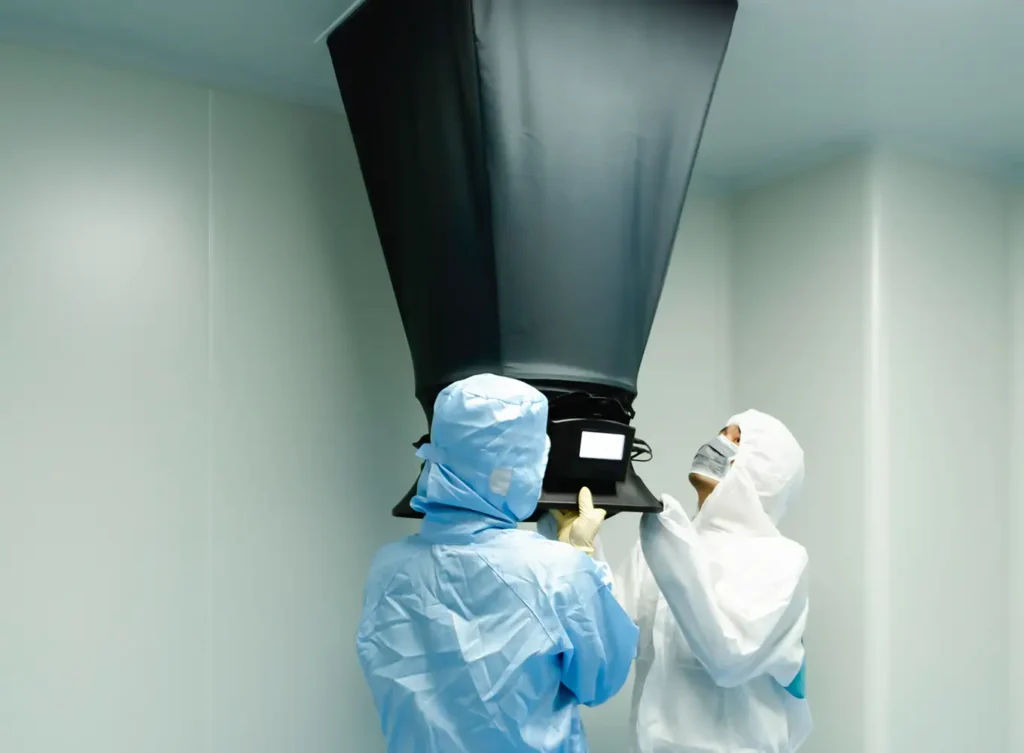
Certification Process
By investing in cleanroom certification, facilities can safeguard their operations, ensure compliance, and enhance product quality, ultimately leading to a more successful and sustainable business.
Same-day Certification Reports
Certification reports are provided to the pharmacy’s Designated Person (DP) on the same day of certification & are thoroughly verified for accuracy.
Viable sampling reports are submitted after the incubation period of the media is complete. All reports, testing procedures, and relevant regulatory references are carefully reviewed with the DP to ensure compliance and understanding.
Video Documentation
Video documentation of dynamic airflow visualization studies within primary engineering controls is recorded and provided to the DP for thorough review.
Reduced Pricing
Discounted rates are now available for a wide range of certification services. Such services include PEC and SEC certification, environmental sampling, video documentation of smoke studies, and transportation costs (mileage).
Consultation & Support
Comprehensive consultation is provided to assist in developing environmental sampling plans, addressing excursions, formulating corrective action plans,
and offering guidance during certification, including support throughout regulatory inspections.
Flexible Certification Hours
Cleanroom certification is available during daytime and evening shifts at no additional cost. Certification also available during midnight shifts and holidays for an additional fee.
Particle counts, airflow visualization, and viable sampling are conducted under dynamic conditions.
Vendor Agreement Options
Services are offered with or without a vendor agreement, based on client preference. A vendor agreement template can be provided upon request.
Calibration Certificates
Calibration certificates for all instruments used during cleanroom certification are provided to ensure accuracy and compliance.
Certificates of Analysis (COA)
Certificates of Analysis for all media utilized in environmental sampling are provided as part of our rigorous documentation process.
Auditing & Consultation
Auditing services and consultations are available to evaluate the practices and reports of the client’s existing certification company, ensuring
compliance with regulatory standards.
Benefits of Cleanroom Certification
Cleanroom standards differ across various industries, including compounding pharmacies, pharmaceutical manufacturing, and biomedical research. These sectors require clean environments with rigorous controls over microbial contamination to ensure the safety of their products.
While standards may vary, one truth remains: cleanroom certification is invaluable for any process utilizing a cleanroom.
Minimizing Contamination
Maintaining a sterile compounding program involves more than just following strict processes and disinfecting surfaces and tools. An effectively managed cleanroom includes regular maintenance of HVAC systems, pressure monitors, work surfaces, and HEPA filters to eliminate contaminants in line with industry standards.
Routine viable air and surface sampling, along with gloved fingertip sampling and media fill testing, further ensures that both cleanroom personnel and products remain free from contaminants.
Containing Contamination
Standards such as USP <797>, USP <800>, and USP <825> establish stringent controls to safeguard both workers and the products created in cleanroom environments.
A critical aspect of these regulations is the containment of hazardous materials. Effectively extracting and containing toxic or potentially harmful particles is as vital as preventing pollutants from entering the sterile compounding environment. This highlights the importance of maintaining ISO 5,7, and 8 environments.
Ensuring Government Compliance
In response to rising public health concerns, government agencies have implemented stricter regulations to ensure the quality of food, medications, and environmental safety from toxic substances. While these rules protect public health, they can pose challenges for facilities striving to meet rigorous standards.
This is where cleanroom certification services become essential. Regular cleanroom certification is necessary for compliance with all industry and governmental regulations.
Reducing Costs & Managing Risks
Elevated levels of contaminants in a cleanroom environment pose serious risks to both the safety and quality of products, as well as the accuracy of research findings. Contaminated products that fail to meet stringent quality standards are unsuitable for commercialization, leading to significant financial losses for facilities due to wasted materials, production delays, and potential rework. Additionally, non-compliance with regulatory standards not only disrupts operations but can also result in costly legal repercussions, fines, and damage to a company’s reputation. Maintaining a controlled, contaminant-free environment is essential for both operational success and regulatory adherence.
